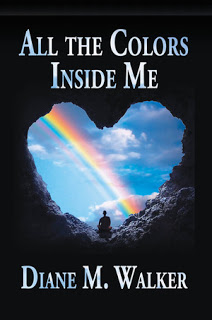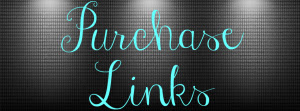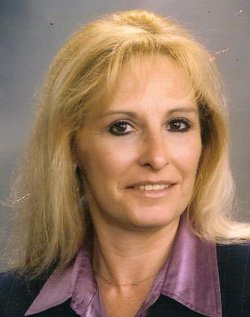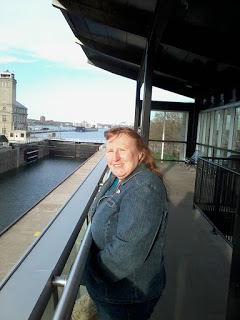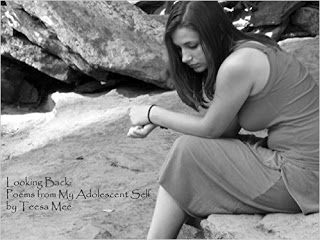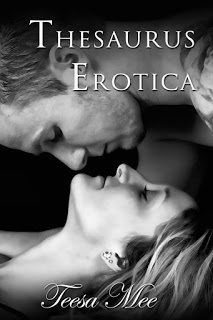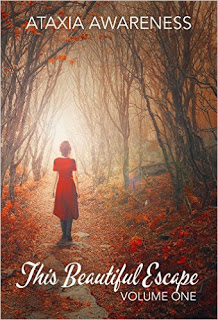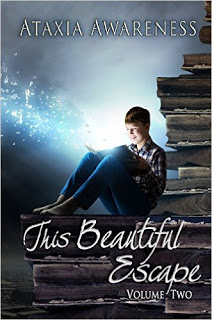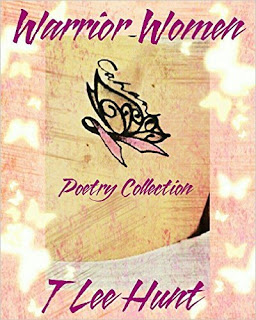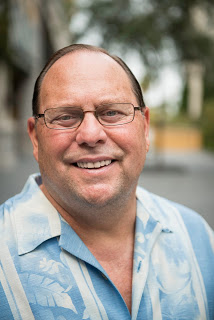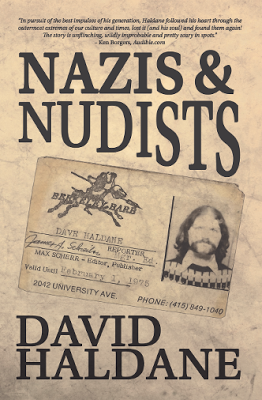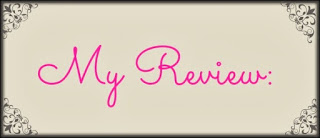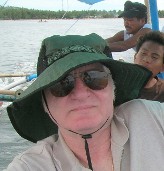Welcome, Allen Long!!
1. For those who might not be familiar with you, would you be a dear and tell the readers a little about yourself? How did you get your start in the writing business?
(Allen) I began telling stories almost as soon as I discovered them. In sixth grade, my teacher let me write a short story a week instead of doing the regular English assignments. I attended a six-week writer’s workshop at Michigan State between high school and college. I took all of the creative writing courses offered in college. I earned a BA in journalism, an MA in fiction writing, and an MFA in fiction writing. After that, I began publishing short stories and memoirs in literary magazines.
2. Do you ever suffer from writer’s block? If so, please share how you handle it.
(Allen) Knock on wood, but I’m pleased to say I’ve never had writer’s block. However, the hardest thing for me is to get a new short story off the ground. In the last year or so, I’ve written the first seven pages of three short stories. Eventually, I’ll either lose interest in the story or I’ll get a new insight that spurs me on. If I’m having
trouble with a short story, I stop and write a memoir, which seems to be my natural form. If you read the author
comments at the back of the O. Henry Prize Stories, you’ll see that many authors started their award-winning stories and then got stuck. Sometimes years later, they’ve had a flash of insight that allowed them to finish their stories. So if a writer gets stuck on a short story, it may be that the story needs more time to marinate before it can be written. By the way, I read the O. Henry Prize Stories every year because I believe reading quality fiction helps a writer produce the same.
3. Contrary to what some people envision about a romance writer’s life, it’s not all glitz and glam. Well not for the majority of us. With that bubble sadly busted, when you’re not writing, how do you spend your time?
(Allen) I read, go to the movies, swim, walk my dogs, hang out with my wife and friends, and stay in touch with my grown children. I’m also an assistant editor at Narrative Magazine, so I read and evaluate submissions.
4. I know many writers, such as myself, keep their pastime/career a secret. Do those close to you know you write? If so, what are their thoughts?
(Allen) I have a close circle of friends and relatives who know I write. They are proud of me and excited when I publish. Otherwise, I keep my writing a secret.
5. Will you share with us your all-time favorite authors? If you’re like me, it’s a long list so give us your top ten.
Ray Bradbury
Raymond Carver
Anthony Doerr
William Faulkner
Gabriel Garcia Marquez
Tessa Hadley
Ernest Hemingway
Alice Munro
Richard Russo
William Trevor
6. If you could choose one book to go to the big screen, yours or otherwise, which book would you choose and whom would you love to see cast in the parts?
(Allen) I don’t think I can answer this one. I never think about how books might be turned into movies. I’d be thrilled if my book were turned into a movie; however, I’d want the casting experts to work their magic.
7. Would you care to tell us what you’re working on now? That is if it’s not top-secret information. If so, just whisper it in my ear. I swear it’ll go no further.
(Allen) I’m writing memoirs and short stories for literary magazines. Maybe some of this activity will lead to
another book.
8. Where can we find your stories, and is there a particular reading order?
(Allen) Here are some memoirs and short stories that can be found online. The pieces are not connected and
can be read in any order. These pieces do not appear in my book.
“Sleepover” in Ray’s Road Review (memoir)
“Freak Out” in Verdad (memoir)
“The Poincare Conjecture” in 42opus (fiction)
“Common Ground” in Amarillo Bay (fiction)
9. Would you please share how your present and future fans can contact you?
10. Before we conclude this enlightening interview, do you have anything else you’d like to share? The stage is all yours.
(Allen) Readers may be curious about the alligator on the cover of Less than Human: A Memoir. This image was inspired by an incident in which our negligent parents encouraged my brother and me, when we were in elementary school, to swim in a Florida lake inhabited by an adult alligator while they visited inside with our grandparents.
Readers who are writers may be curious about my process for writing this book. I took 3.5 years to write the first eight chapters of the book. Then I hired a professional editor, and I took another 1.5 years to write the ninth and final chapter and complete five more cover-to-cover drafts of the book. My publisher accepted the book as is, so I highly recommend working with a professional editor and doing lots of revising and polishing.
And one final piece of advice to aspiring writers: whatever you are writing, get the story off the ground immediately. I reject so many submissions at Narrative Magazine because the writer “warms up” for seven pages, and then the real story begins on page 8. This is one of the primary reasons I reject stories.
(KAMERON) Ladies and Gents, I hope you enjoyed my interview with Allen Long. If you have any questions or
comments for Allen, by all means, leave him a message below. Thank you in
advance for your visit!
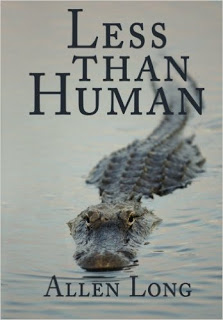
In Less than Human, Allen Long tells the story of his often nightmarish childhood in the wealthy suburbs of D.C., the wonders and mysteries of teenage love, his ill-advised journeys into corporate America and a hellish marriage, and ultimate breakdown. And yet, his story is mostly one of triumph. He draws strength from the joys of fatherhood, he finds true love in his second marriage, and through working with psychotherapists and leading a life rich in self-examination, he overcomes both child abuse and the resulting PTSD, finally learning that instead of being less than… he is, indeed… human. Less than Human follows an unconventional path, arranged as much by theme and association as by chronology. These stories take many forms, from driving narrative to lyrical reverie, at times evoking mythic overtones, and this variety, along with an unflinching confrontation with the conditions and consequences of childhood abuse, creates its own form of suspense-in what direction will this book take us next?
Like this:
Like Loading...

